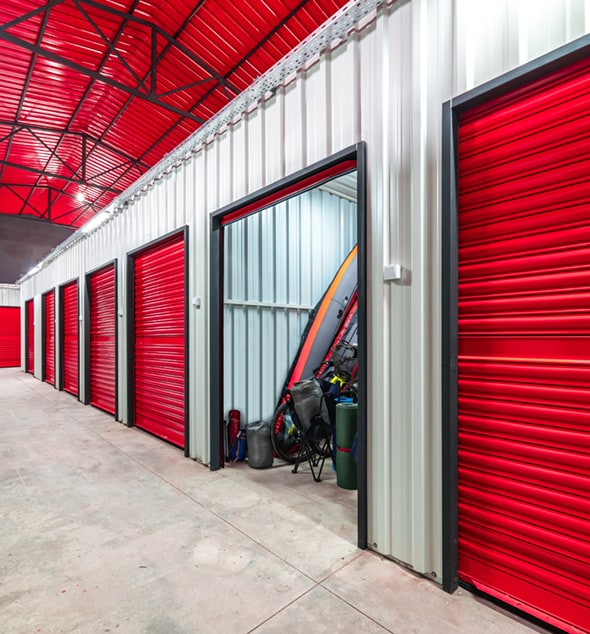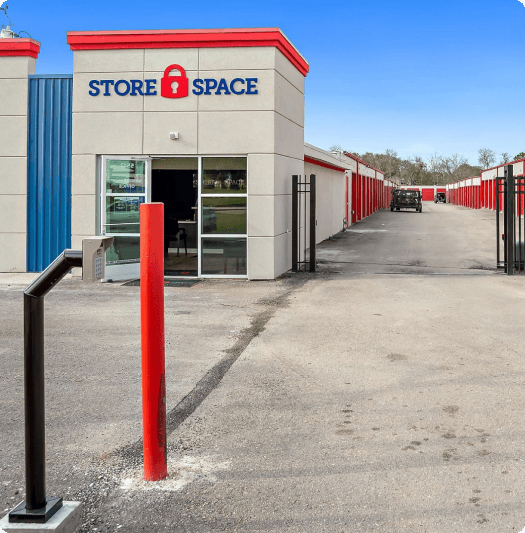Is Macon, GA a Good Place to Live?

Macon is a place where culture and history come alive with one-of-a-kind attractions, succulent soul food on every corner and scenic views that take your breath away. If you’re considering moving to the area, you may be debating if Macon is a good place to live. We’ve created this guide to help you decide.
We’ll cover some general information about the city, along with important stats like crime rating, cost of living and more. You’ll also find some pros and cons of living in Macon below. After reading this blog, we hope you’ll have a better idea of whether or not Macon is a good fit for you!
What is Macon Like?
Macon is located in Central Georgia about 84 miles south of Atlanta. The city has a population of more than 150,000 people, who are attracted to the variety of entertainment opportunities in the area (including local festivals, history, shopping, nightlife and more), many restaurants and outdoor attractions. The leading industries in Macon include manufacturing, aeronautics, medical and tourism.
Below are a few general stats about Macon:
| Macon | Data* |
| Population (2010) | 91,351 |
| Population (2020) | 157,346 |
| Land Area (2020, square miles) | 249.38 |
| Time Zone | UTC-5 (EST) |
*Data from Census.gov
History of Macon
Macon grew out of the frontier Fort Hawkins and was founded on the banks of the Ocmulgee River in 1823. The history of Macon dates back more than 17,000 years ago, when Native Americans lived in the area. Today, that area is the Ocmulgee Mounds National Historic Park. Macon served as the official arsenal of the Confederacy during the Civil War, and Macon City Hall was the temporary state capital in 1864.
The city of Macon has 14 historic districts that have more than 6,000 homes and buildings on the National Register of Historic Places list.
Is it Expensive to Live in Macon?
The cost of living in Macon is lower than Georgia’s average and lower than the national average. Housing is less expensive in Macon, with a median home cost of $108,400 compared to the national median of $291,700. Macon also has low transportation, health and grocery costs. The majority of individuals rent vs. own their home in Macon (56% vs. 44%).
Compared to cities with a similar population size, Macon is much less expensive. The table below shows a comparison of the cost of living in Macon vs. other areas:
| City | Cost of Living* |
| Macon, GA | 74.7 |
| Hayward, CA | 165.4 |
| Naperville, IL | 129.6 |
| Clarksville, TN | 85.6 |
| Topeka, KS | 79 |
*Cost of Living based on a national average of 100 from BestPlaces.net
Is Macon a Safe Place to Live?
According to CrimeGrade.org, Macon has a crime rating of D-. This means 89% of cities are safer than Macon, and only 11% of cities are more dangerous.
Food and Entertainment in Macon
Macon offers a variety of outdoor adventure, unique history and culture and incredible soul food. Ocmulgee Mounds National Historic Park is a popular outdoor attraction in the area, where visitors can explore early Mississippian temple mounds, wander the boardwalk, visit a Civil War Battle site, or check out the museum. Macon is also home to Amerson River Park and Lake Tobesofkee offering beaches, campsites, watersports and trails.
Historians can experience many significant sites in the area, including Hay House, Cannonball House and Museum, the Georgia Sports Hall of Fame and more. Residents and visitors can also visit the Otis Redding statue or Allman Brothers Band Museum at The Big House. Entertainment in Macon doesn’t end there, the city also houses many art galleries, theaters and shopping opportunities.
Macon offers a mouthwatering food scene with a variety of restaurants serving local dishes and flavor. H&H Soul Food is a must-try. Once named “Georgia’s Most Iconic Restaurant” by Thrillist.com, this restaurant serves up delicious soul food for breakfast and lunch. Some other top places to eat in Macon include The Rookery for burgers and shakes, Dovetail for a farm to table dining experience, and Natalia’s for delectable Italian cuisine.
What are the Pros of Living in Macon?
One of the major pros of living in Macon is the low cost of living and low housing costs. Many also consider the climate a reason to move to Macon. The city’s winters are brief and moderate, with rare dustings of snow.
The variety of entertainment options and vibrant culture are also pros of the city. Macon hosts a number of community events, fairs and festivals (including the popular International Cherry Blossom Festival). The city also boasts a unique history, along with a rich arts scene emphasizing music, film and more.
What are the Cons of Living in Macon?
One of the biggest cons of living in Macon is the city’s crime rating. With a crime grade of D-, Macon is in the 11th percentile for safety—which means 89% of cities are safer than Macon. Another negative of living in Macon is the poverty rate. According to Census.gov, the poverty rate in Macon is 25%. That is more than double the national average (11.4% in 2020).
Do you Think Macon is a Good Place to Live?
Whether you’re already located in Macon or considering moving to the area, Store Space offers professional, affordable storage right in town. Visit our Store Space in Macon, or check out our other facilities in the state of Georgia. Just use our storage location finder to locate your nearest facility!







